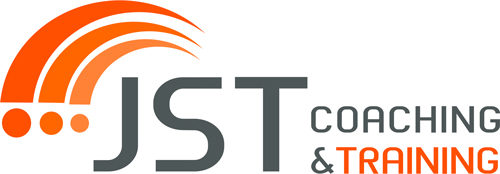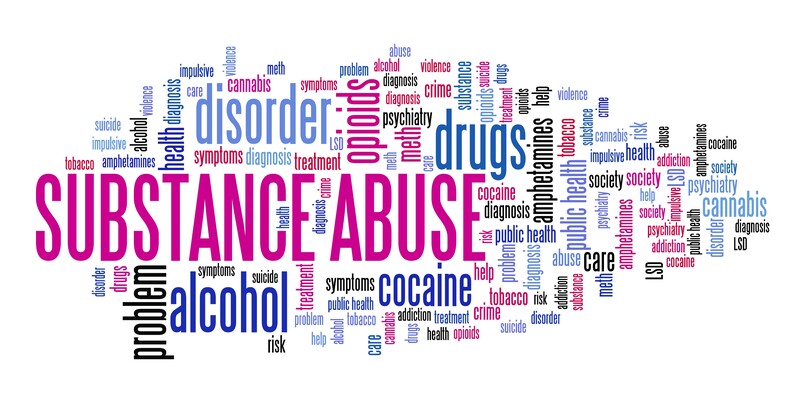Years ago my client “John” had his coaching success story chronicled in ADDitude Magazine. We worked together during his high school, as well as his undergraduate years. Since that time, I have had the opportunity to stay in touch with John and watch him continue to learn, grow and succeed into adulthood with a fulfilling career and a wonderful family. John worked hard to get through the tough times and he made it. Way to go, John!
Sadly, the number of unsuccessful outcomes far outweigh the successes when we look at students struggling with ADHD, executive functioning issues and co-existing conditions including depression and anxiety. When untreated, undiagnosed or misdiagnosed, many young people reach for a solution and find themselves self-medicating with drugs or alcohol to calm their minds and ease their symptoms.
As noted in the WebMD article, “ADHD and Substance Abuse”:
“Self-medication is when you turn to things like prescription or illegal drugs, caffeine, exercise, or alcohol. Just like ADHD meds, marijuana, alcohol, and other substances also can boost your dopamine levels. That’s why some people find them so appealing.”
“And, several studies have shown a strong connection between ADHD, drug abuse, and alcoholism. ADHD is five to 10 times more common among adult alcoholics than it is in people without the condition. Among adults being treated for alcohol and substance abuse, the rate of ADHD is about 25%.”
In a 5-year Journal of Clinical Medicine follow-up study on the Influence of Substance Use Disorder on Treatment Retention of Adult ADHD Patients, the results show that: “Psychiatric comorbidities are very common in adult ADHD (A-ADHD) patients; in particular, Substance Use Disorder (SUD) is found in 40% of these patients. Co-occurrence of ADHD and SUD is described as detrimental to clinical outcome by many authors, while only a few studies describe good clinical results in A-ADHD-SUD patients when they were treated for ADHD, both for the efficacy and the compliance of patients.”
Coaches are not trained to handle substance abuse and mental health issues. It would be unethical and dangerous to our clients. However, we can support students and families in finding resources for diagnoses and treatment, and if the time is right, be open to revisiting the coaching relationship at a later time. Substance abuse is an illness which needs to be understood, properly treated and early intervention is important. All ADHD coaches, whether working with students or adults, need to commit to educating themselves, their clients and their families on the prevalence of substance abuse that can start as early as in their pre-teen or teen years and oftentimes before a formal diagnosis of ADHD.
I empathize with parents who are reticent to accept the idea that their child may be self-medicating and have SUD, but the sooner you acknowledge it and take action, the better the chances of a successful outcome like with my client, “John”. It is not an easy journey and one that is undoubtedly worth every ounce of energy and determination we can muster to reduce the prevalence of SUD in young people with ADHD.

